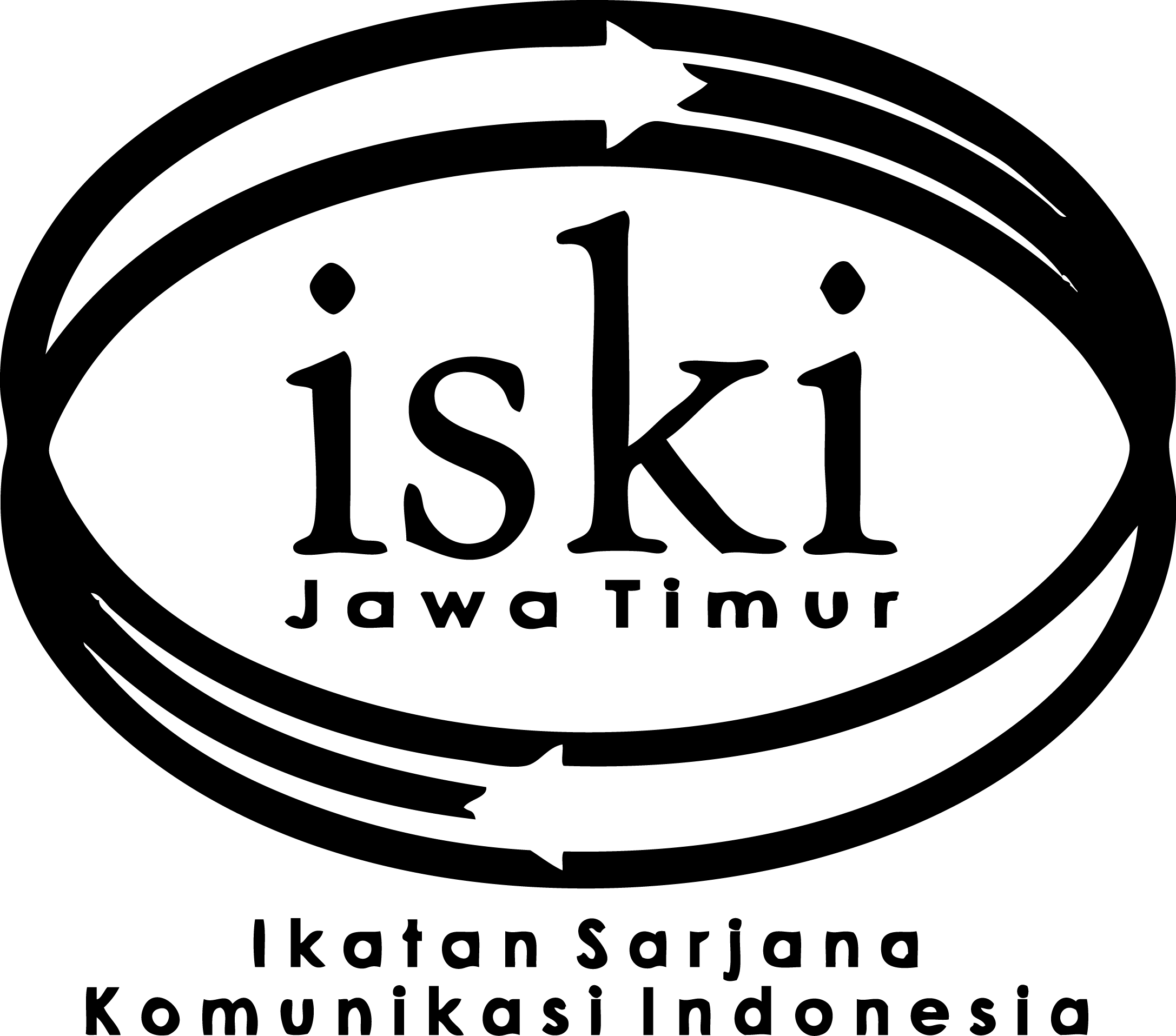CANDIDATES' COMMUNICATION STRATEGIES IN THE 2024 WEST PAPUA REGIONAL ELECTION DEBATE: A CONTENT ANALYSIS OF THE RELATIONSHIP BETWEEN DISCOURSE FUNCTION AND POLICY UTTERANCE
Keywords:
politic debate, communication strategy, politic communication, regional election, content analysisAbstract
This study investigates the relationship between discourse functions (acclaim, attack, and defense) and policy content (past deeds and future plans) in the West Papua Governor and Vice Governor Election debate in 2024. This study focuses on the only candidate pair (Paslon 1) who participated in the debate, thus providing a different environment to study communication strategies in a non-competitive debate context. Content analysis was conducted through a combination of quantitative and qualitative techniques. 287 speech units were coded based on discourse function categories. The results showed that the acclaim function dominated at 94.24%, with 68.88% of the statements used to convey future plans. Since there was no debate opponent, there was only 0.58% attack function and 5.19% defense function, indicating a low confrontational strategy. A significant relationship between discourse function and policy content was found through the Chi-Square test (χ2 = 35.229; p < 0.001). However, the predictive value for 50% of the cells was less than 5. These results suggest that Paslon 1's communication strategy was affirmative and prospective, emphasizing self-image and future vision rather than defending or attacking. This study not only supports the political communication theory of strategic self-presentation, but also contributes to research on local political rhetoric in Indonesia, especially in the context of elections that lack significant competition. The results also emphasize how important debates are as a way to shape image and legitimacy, even without having a direct opponent.
References
Akinboade, A., Oludele, Kinfack, E. C., & Mokwena, M. P. (2012). An analysis of citizen satisfaction with public service delivery in the Sedibeng district municipality of South Africa. International Journal of Social Economics, 39(3).
Alrufaiey, H. S., & Alrikabi, A. A. (2024). A pragmatic Analysis of Effective Political Communication from a Relevance-Theoretic Perspective. Arab World English Journal, 15(1). https://dx.doi.org/10.24093/awej/vol15no1.7
Benoit, W. L., Blaney, J. R., & Pier, P. M. (2000). Acclaiming, Attacking, and Defending: A Functional Analysis of U.S. Nominating Convention Keynote Speeches. Political Communication, 17(1). https://doi.org/10.1080/105846000198512
Berelson, B. (1971). Content analysis in communication research.
Christensen, M. (2020). Welcome the Women: A Functional Analysis of the 2020 Democratic Presidential Primary Debates. Southern Utah University.
Hayes, A. F., & Krippendorff, K. (2007). Answering the Call for a Standard Reliability Measure for Coding Data. Communication Methods and Measures, 1(1). https://doi.org/10.1080/19312450709336664
Hsieh, H. F., & Shannon, S. E. (2005). Three approaches to qualitative content analysis. Qualitative health research, 15(9).
Hussein, Z. M., Hadian, B., Mahdi Adai Al-Mamoory, S., & Sadeghi Barzani, E. (2024). Comparative Analysis of Negotiation Strategies in the 2024 US Presidential Debates. International Journal of Foreign Language Teaching and Research, 500(1).
Leifeld, P. (2020). Policy debates and discourse network analysis: A research agenda. Politics and Governance, 8(2).
Pieniążek-Niemczuk, E. (2024). Application of Content Analysis in Research of Political Discourse. Language Culture Politics International Journal, 1(9).
Porath, W., Ortega, C., & Núñez-Mussa, E. (2021). Application of Functional Theory of Political Discourse in Chilean presidential debates to determine the influence of journalists in the contents. Comunicacion y Sociedad, 34(4).
Prasitwongsa, A., & Panthanuwong, A. (2020). Political communication via social media: Future forward party’s message appeals and media format usage on facebook and twitter and links to political participation of generation z audiences. Social Sciences Academic Journal, Faculty of Social Sciences, Chiang Mai University, 32(2).
Rosyida, S. A., & Kurniawan, B. (2023). Comparative Study of the General Election Commission (KPU) in the United States and South Korea. RECHTENSTUDENT JOURNAL, 4(3). https://doi.org/10.35719/rch.v4i3.292
Downloads
Published
How to Cite
Issue
Section
License
Copyright (c) 2025 Jurnal Spektrum Komunikasi

This work is licensed under a Creative Commons Attribution-NonCommercial-ShareAlike 4.0 International License.
























